why do i keep getting static shocks?
If you keep getting static shocks, it’s because static electricity is building up on your body and discharging when you touch a conductive object. This happens due to several factors:
1. Dry Air & Low Humidity 🌵
Static electricity builds up more easily in dry environments because moisture in the air helps dissipate electrical charges.
Winter or air-conditioned rooms often have low humidity, making shocks more frequent.
2. Synthetic Clothing & Materials 👕
Fabrics like polyester, nylon, and wool generate more static than cotton.
Rubber-soled shoes insulate your body, preventing charge from dispersing and causing a bigger shock when you touch metal.
3. Walking on Certain Floors 👣
Carpets and vinyl flooring increase static buildup, especially if you wear socks or rubber-soled shoes.
Walking on these surfaces creates friction, charging your body like a battery.
4. Frequent Contact with Metal Objects 🔩
Static discharges when you touch door handles, light switches, cars, or metal objects.
Metal is conductive, so it allows the charge to leave your body instantly, resulting in a shock.
5. Working with Electronics or Insulating Materials 💻
If you work with plastic, paper, or electronics, static can accumulate because these materials don’t conduct electricity well.
How to Reduce Static Shocks? 🔧
✔ Increase Humidity: Use a humidifier to keep moisture in the air (above 40-50% humidity is ideal).
✔ Wear Natural Fabrics: Cotton clothing generates less static than synthetic fabrics.
✔ Use Anti-Static Sprays: Spray on carpets, clothes, or furniture to reduce static buildup.

✔ Switch to Leather-Soled Shoes: Leather is slightly conductive, allowing static to dissipate gradually.
✔ Touch Metal Objects First: Before touching sensitive electronics, touch a wall, desk, or keychain to discharge static safely.
✔ Apply Lotion to Your Skin: Dry skin holds more static—moisturizing helps reduce shocks.
Would you like specific product recommendations to help prevent static shocks? 😊
How to Electrostatic Discharge (ESD) Safely?
Electrostatic discharge (ESD) is the sudden release of static electricity from a charged object. To prevent damage to electronic components and reduce static shocks, follow these methods to safely discharge static electricity:
1. Use Proper Grounding Methods ⚡
✅ Wear an ESD Wrist Strap:
Connect it to a grounded surface (like a metal part of a workbench).
Helps to continuously discharge static from your body while working with electronics.

✅ Use an ESD Mat:
Place an anti-static mat under your workspace and connect it to the ground.
Prevents static buildup and protects electronic devices.
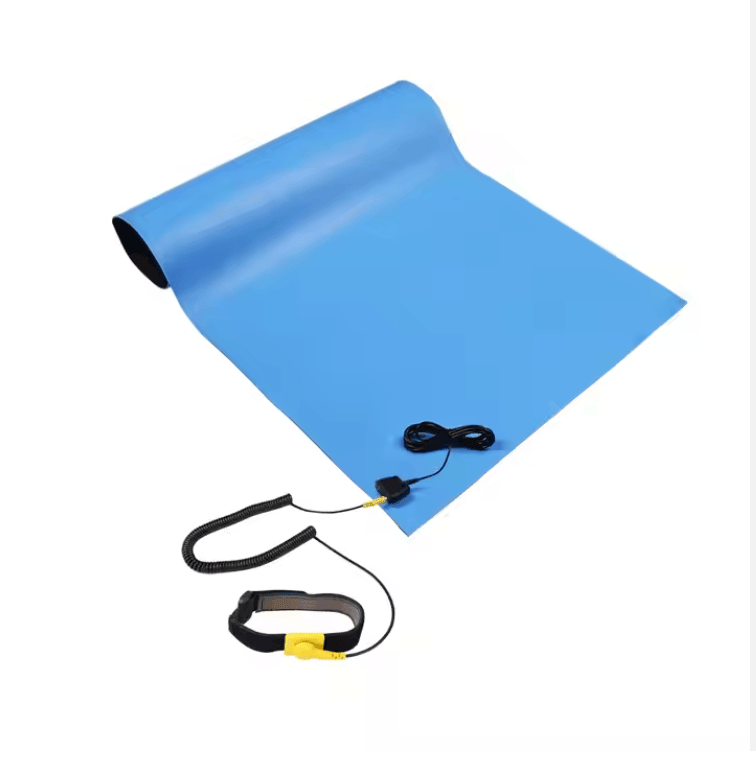
✅ Touch a Grounded Object:
Before touching sensitive electronics, touch metal (like a desk leg, unpainted metal frame, or a grounded tool).
This instantly discharges built-up static from your body.
2. Control Humidity & Environment 🌡
✅ Increase Humidity (40-60%)
Dry air increases static buildup.
Use a humidifier to keep moisture in the air, especially in winter or air-conditioned rooms.
✅ Avoid Static-Generating Surfaces
Carpets, plastic chairs, and vinyl floors can increase static electricity.
Use ESD-safe flooring or anti-static sprays on carpets and furniture.
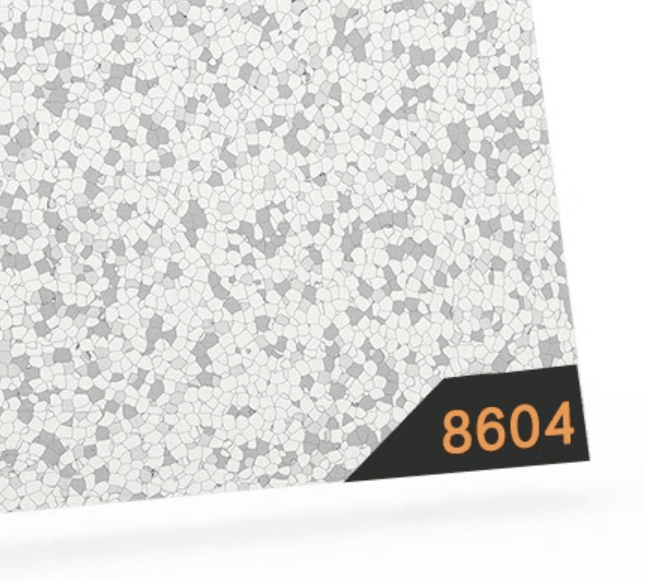
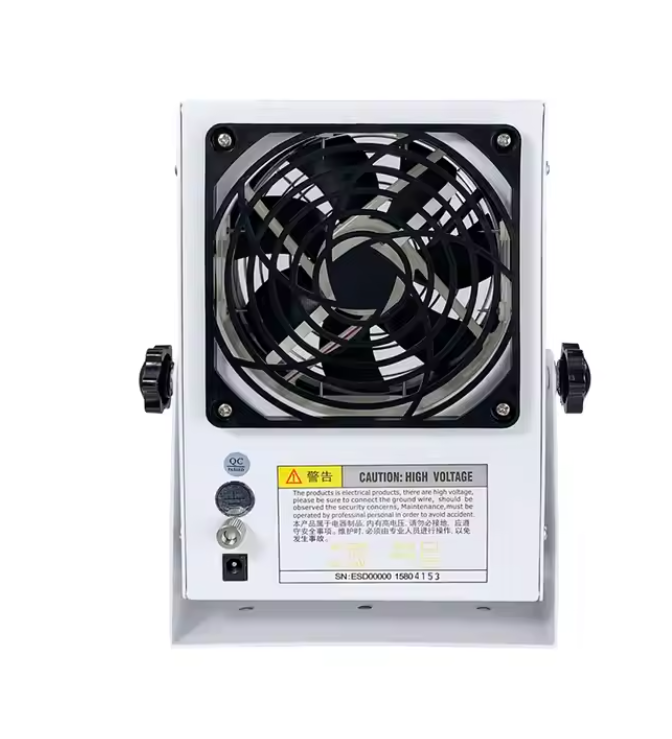
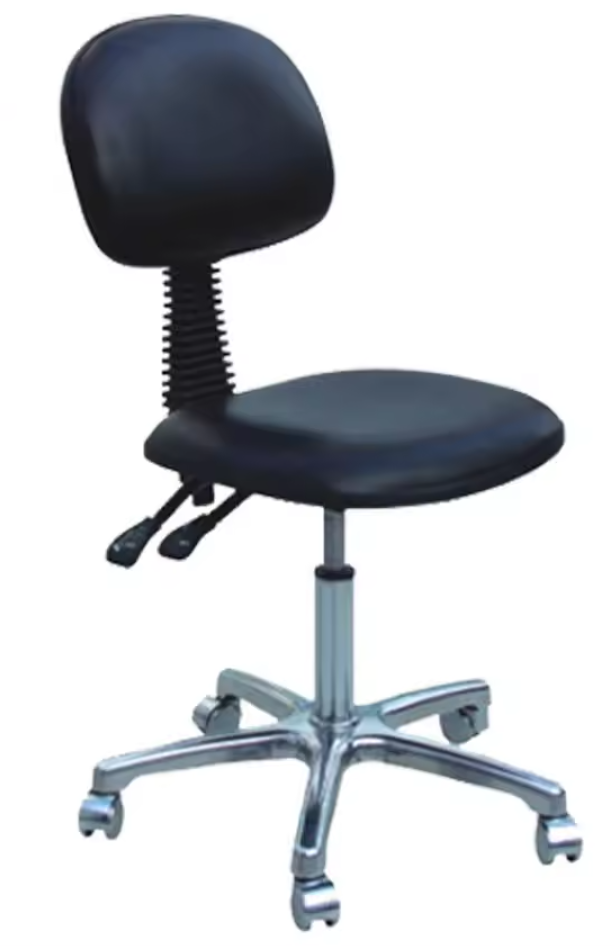
Use Ionizers (ESD Air Ionizers)
Ionizing fans neutralize charges in the air.
Useful in cleanrooms, electronics assembly, and precision workspaces.
3. Wear Anti-Static Clothing & Accessories 👕
✅ ESD-Safe Gloves & Aprons
Prevent static transfer when handling circuit boards or sensitive electronics.
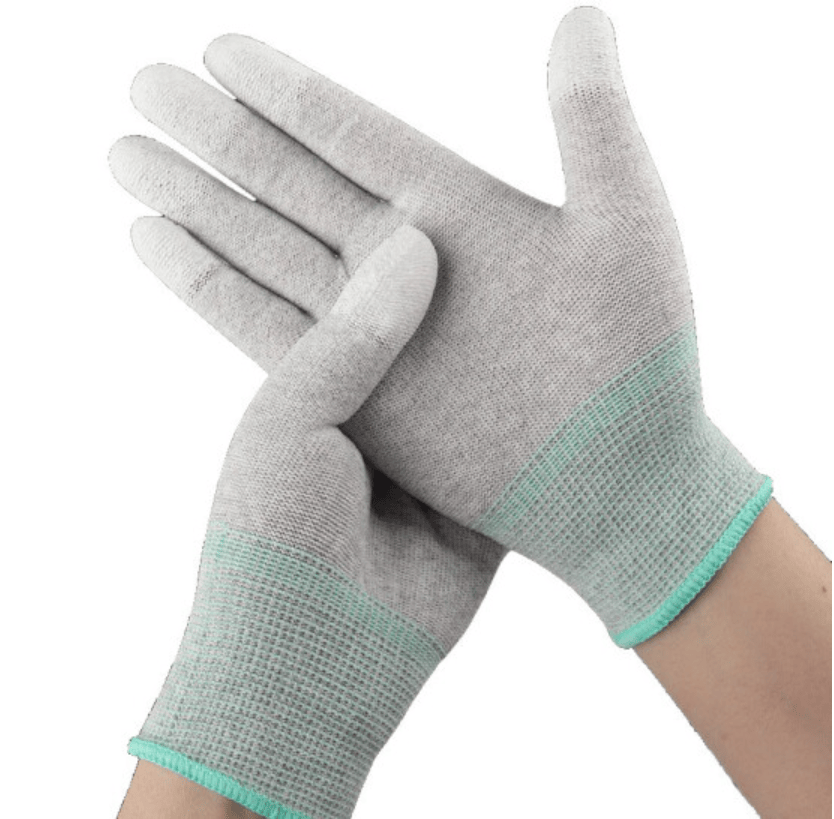
✅ Use ESD-Safe Footwear or Grounding Straps
If working in an electronics lab or factory, wear ESD shoes or use heel grounding straps.
Helps to discharge static through the floor.

✅ Choose Natural Fabrics
Cotton clothes generate less static than polyester or wool.
4. Use ESD-Safe Tools & Storage 📦
✅ Anti-Static Bags
Always store electronic components (like RAM, CPUs, or circuit boards) in ESD-safe bags.
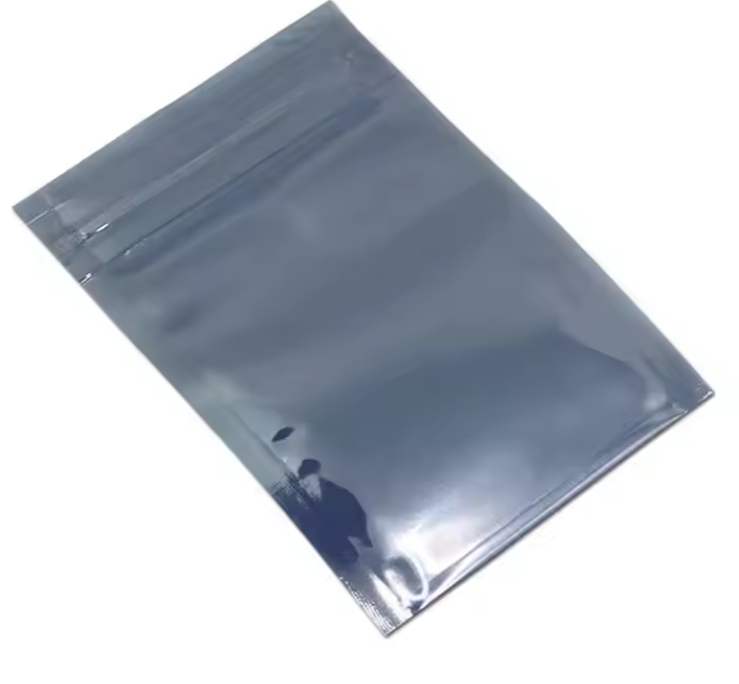
✅ ESD-Safe Brushes & Tweezers
Use conductive tools to clean and handle sensitive parts without generating static.
✅ Avoid Common Plastic & Styrofoam
These materials can build up and transfer static, causing damage to electronics.
5. Prevent Static in Daily Life 🔄
✔ Moisturize Your Skin: Dry skin increases static buildup—use lotion to reduce it.
✔ Wear Leather-Soled Shoes: Leather helps dissipate charge, unlike rubber soles.
✔ Use Anti-Static Spray: Apply on carpets, chairs, and workstations.
✔ Hold a Key Before Touching Metal: This helps to slowly discharge static before a shock occurs.
Final Thoughts
Static electricity is harmless to humans but dangerous for electronics. By using proper grounding techniques, ESD-safe tools, and humidity control, you can safely discharge static electricity and prevent damage to electronic components.
Would you like product recommendations for ESD protection? 😊
